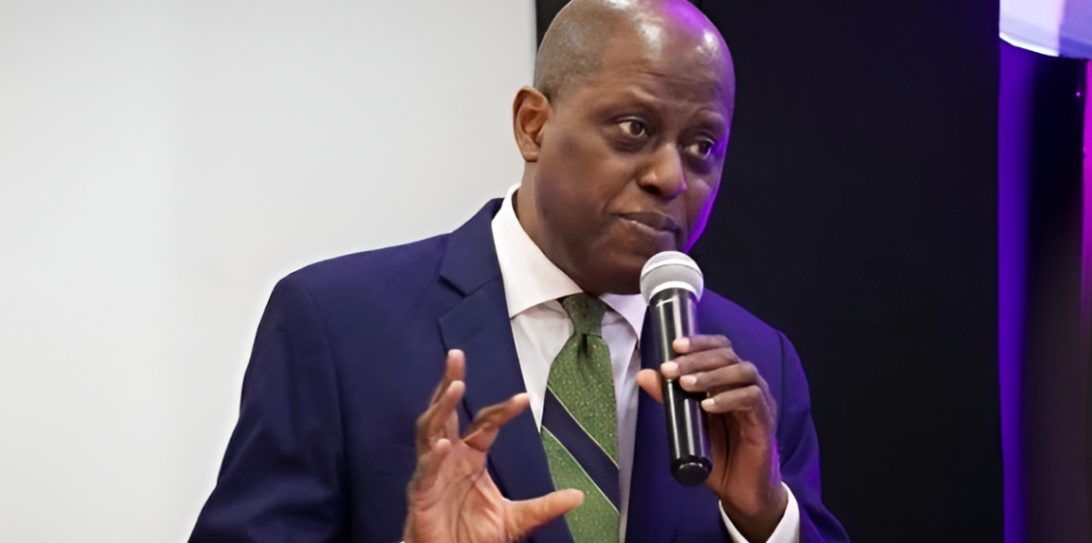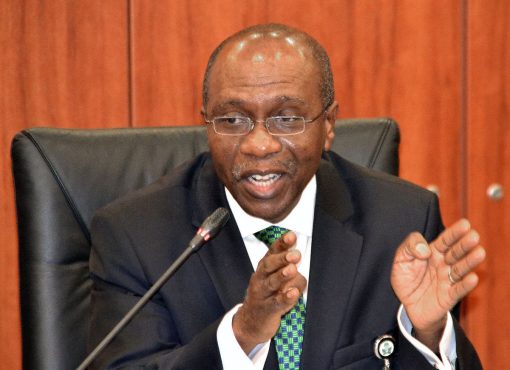CBN raises interest rate to 24.75% : What it means for Nigerians.
The Central Bank of Nigeria’s (CBN) Monetary Policy Committee (MPC) has taken decisive action to address the persistent challenge of inflation by announcing a significant increase in the benchmark interest rate.
Baltimore Bridge Collapses After Ship Collision, Full Details
In a move aimed at curbing inflationary pressures, the new Monetary Policy Rate (MPR) has been raised to 24.75%, up from the previous rate of 22.75%. This decision underscores the MPC’s determination to restore the purchasing power of Nigerians and stabilize prices in the economy.
Following the MPC meeting, CBN Governor Yemi Cardoso emphasized the committee’s commitment to combating inflation. He outlined several key policy adjustments aimed at achieving this objective:
- MPR Increase: The substantial hike in the MPR to 24.75% is aimed at making borrowing more expensive, thereby reducing spending and slowing down economic growth. Ultimately, this is expected to contribute to lowering inflation.
- Cash Reserve Ratio (CRR) Adjustments: While maintaining the CRR for commercial banks at 45%, the CBN has increased the CRR for merchant banks from 10% to 14%. These measures aim to tighten control over the money supply in circulation, further mitigating inflationary pressures.
- Focus on Food Security: Governor Cardoso stressed the importance of food security in combating inflation. He urged the federal government to fully implement agricultural programs aimed at boosting domestic food production and reducing reliance on imported food items, which are susceptible to price fluctuations.
The repercussions of the increased interest rate will reverberate throughout the Nigerian economy. Borrowers, including businesses and individuals, can expect higher costs for loans, potentially impacting investment and consumer spending.
However, the CBN’s proactive measures are intended to yield long-term benefits by stabilizing prices and safeguarding the purchasing power of Nigerians. The MPC’s decision to aggressively raise interest rates underscores the severity of Nigeria’s inflationary challenge.
The effectiveness of these measures will hinge on various factors, including the government’s success in boosting food production and the overall response of the Nigerian economy to tighter monetary policy.
Paul Akintelure: Ondo APC Governorship Aspirant Is Dead
CBN raises interest rate to 24.75% what it means for Nigerians?
decision by the Central Bank of Nigeria (CBN) to raise the benchmark interest rate to 24.75% will have significant implications for Nigerians across various sectors of the economy.
- Increased Cost of Borrowing: Individuals and businesses seeking loans will face higher interest rates, making borrowing more expensive. This could discourage investment and entrepreneurship, particularly among small and medium-sized enterprises (SMEs).
- Impact on Consumer Spending: Higher interest rates could lead to a decrease in consumer spending as individuals may prioritize saving over spending. This could dampen economic activity and slow down growth in the retail sector.
- Housing and Mortgage Markets: The increase in interest rates may affect the housing market, making mortgages more expensive. Prospective homeowners could find it more challenging to access affordable financing for home purchases or construction projects.
- Investment Climate: The higher cost of borrowing may also impact investor confidence, potentially leading to a slowdown in both domestic and foreign investment. This could have repercussions for job creation and overall economic development.
- Inflation Expectations: The CBN’s decision to raise interest rates signals its commitment to tackling inflation. While the immediate impact may be a reduction in inflationary pressures, the effectiveness of these measures in the long term will depend on various factors, including the government’s ability to address structural issues contributing to inflation.
Overall, the increase in the benchmark interest rate will require Nigerians to adapt to a tighter monetary policy environment.
While the aim is to stabilize prices and protect the purchasing power of consumers, there may be short-term challenges in adjusting to higher borrowing costs and potential reductions in consumer spending and investment.
Stay informed with Ejes Gist News – Your Source for Credible News in Nigeria Now







